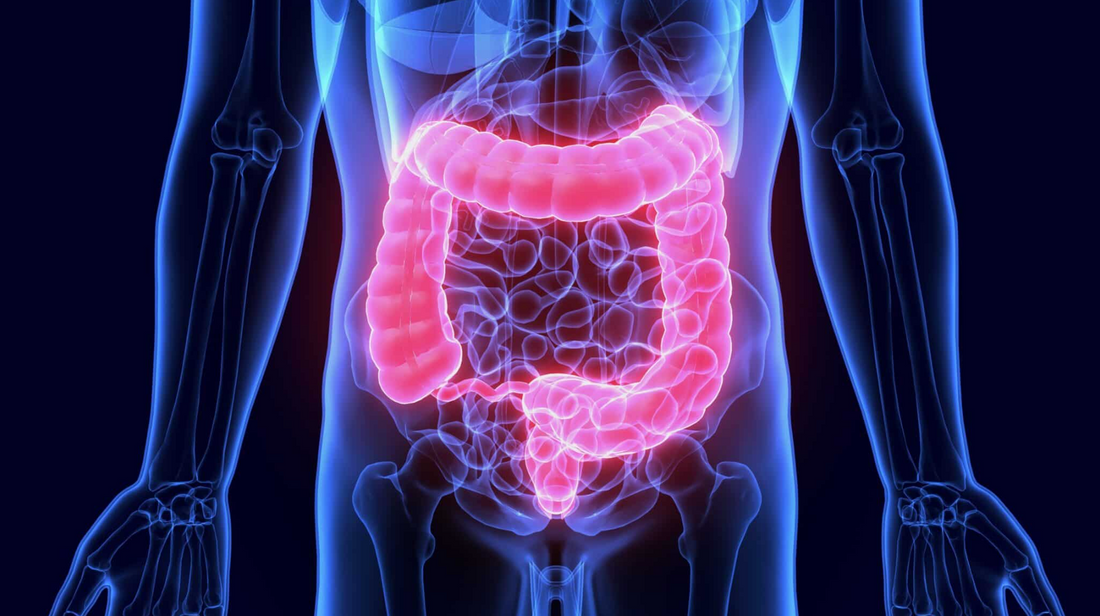
Better Gut Health = Better Mental Health
Share
The Gut-Brain Connection: How Green Tea and Quality Sleep Enhance Mental Health
We often hear the phrase "trust your gut," but science is now revealing that our gut health may be more intricately linked to our mental well-being than we ever imagined. The gut, often referred to as the "second brain," plays a crucial role in the production of neurotransmitters, including serotonin, which significantly impacts mood, stress levels, and overall mental health. One way to support gut health—and in turn, mental wellness—is through mindful choices in our daily habits, such as drinking green tea and prioritizing quality sleep.
The Power of Green Tea: A Gut-Friendly Alternative
Many people rely on coffee for a quick energy boost, but for some, it can come at a cost. Coffee’s high acidity can upset stomachs, leading to digestive discomfort and even inflammation. Furthermore, excessive caffeine consumption has been linked to increased cortisol production, which can contribute to anxiety and disrupt the gut microbiome.
On the other hand, green tea offers a gentler alternative. Rich in antioxidants and L-theanine, green tea provides a sustained energy boost without the harsh crashes or digestive disturbances associated with coffee. L-theanine, an amino acid found in green tea, has been shown to promote relaxation and increase serotonin levels, a neurotransmitter crucial for mood stabilization and gut health. The polyphenols in green tea also nourish beneficial gut bacteria, helping to create a balanced and thriving microbiome.
Sleep: The Unsung Hero of Gut and Mental Health
Getting a good night’s sleep isn’t just about feeling rested—it’s essential for maintaining gut health and regulating serotonin production. Poor sleep disrupts the gut microbiome and can lead to imbalances in the production of neurotransmitters like serotonin and dopamine, both of which influence mood and emotional stability.
Studies show that individuals who get sufficient, high-quality sleep tend to have more diverse gut bacteria, which correlates with better digestion, reduced inflammation, and improved mental resilience. Sleep deprivation, on the other hand, increases stress hormones like cortisol, which can negatively impact gut flora and contribute to mood disorders such as anxiety and depression.
The Takeaway: A Holistic Approach to Mental Wellness
By swapping coffee for green tea and committing to better sleep hygiene, we can nurture our gut health in ways that support not just digestion but also emotional well-being. A happy gut fosters a balanced mind, reinforcing the idea that small daily choices can have profound effects on our overall health.
So, the next time you reach for that morning cup of coffee, consider opting for a soothing cup of green tea instead. Pair it with a commitment to getting enough sleep, and you may just find yourself feeling calmer, happier, and more mentally resilient—all thanks to the powerful connection between the gut and the brain.
We think you'll really see positive results to not only your mental health, but your physical health too after trying our Day Ops and Night Ops teas.
